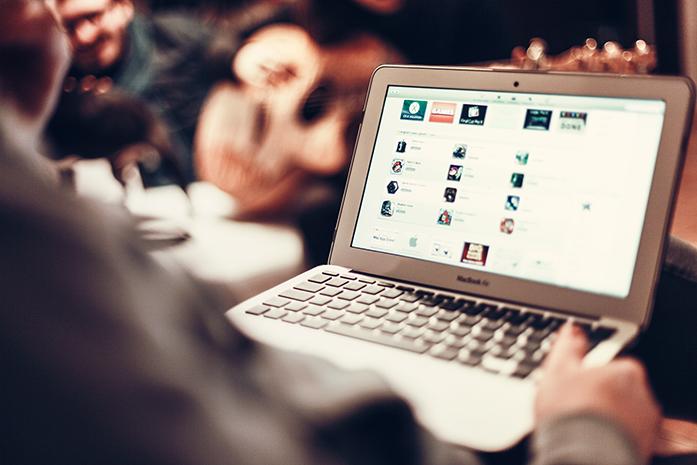Samuel Studer
[email protected]
On Sept. 26, during the 70th United Nations General Assembly session, Facebook creator Mark Zuckerberg called for greater access to the Internet on a global stage. “When communities are connected, we can lift them out of poverty,” he said.
Facebook wants to help the U.N. bring the Internet to refugee camps across the globe. This is relevant today because of the European migration crisis. This step might help accomplish the sustainable development goals the United Nations posted online. One of these goals is eradicating extreme poverty for all people everywhere, currently measured as people living on less than $1.25 a day, by 2030.
Zuckerberg set his own goal to get Internet access universal by the year 2020. However, the goal to help expand the Internet is not new for the leader of Facebook. In 2013, he launched internet.org: an organization that brings together communities to connect the world with Internet. It is estimated that half of the world does not have Internet access, particularly women and girls.
The Internet creates a common place that can bring people together. When people have access to the Internet, they have the opportunity to have a big effect. It is not just Zuckerberg speaking out about this issue. Bill Gates expressed the importance of these goals. The Bill and Melinda Gates Foundation has placed a huge priority on improving health and education for girls, and bridging the gap in internet access can further this goal.
These goals could cost between $3.5 trillion and $5 trillion per year, according to the U.N. It is vital that Internet access is available to more people around the world. The cost is a major factor in this goal. It is not sustainable for one company or a few organizations to try and make this happen. It will need to be a collective effort of everyone across the globe.
The Internet creates a platform for more people to get educated; it will help pave the way for the future. The Internet will not be the only factor that helps to eliminate poverty. We will need to place a focus on building schools, solving gender equality, and water sanitation. The Internet is just another piece of the puzzle, but not the whole solution.
The first step is to address that there is a problem. Now that they have, it’s up to the U.N. and other organizations to get the ball rolling. Starting next year, big changes must be made if the goals at the summit are to be met. Building an infrastructure in these countries that need help will be vital. This will lay the framework for the expansion of the Internet. Addressing extreme poverty may start with the bright mind of Zuckerberg, but it is not just his responsibility to help the less fortunate. The legacy of last Saturday’s summit will hopefully help to change the world for the better. It has created a precedent that something must be done in order to eliminate extreme poverty.



